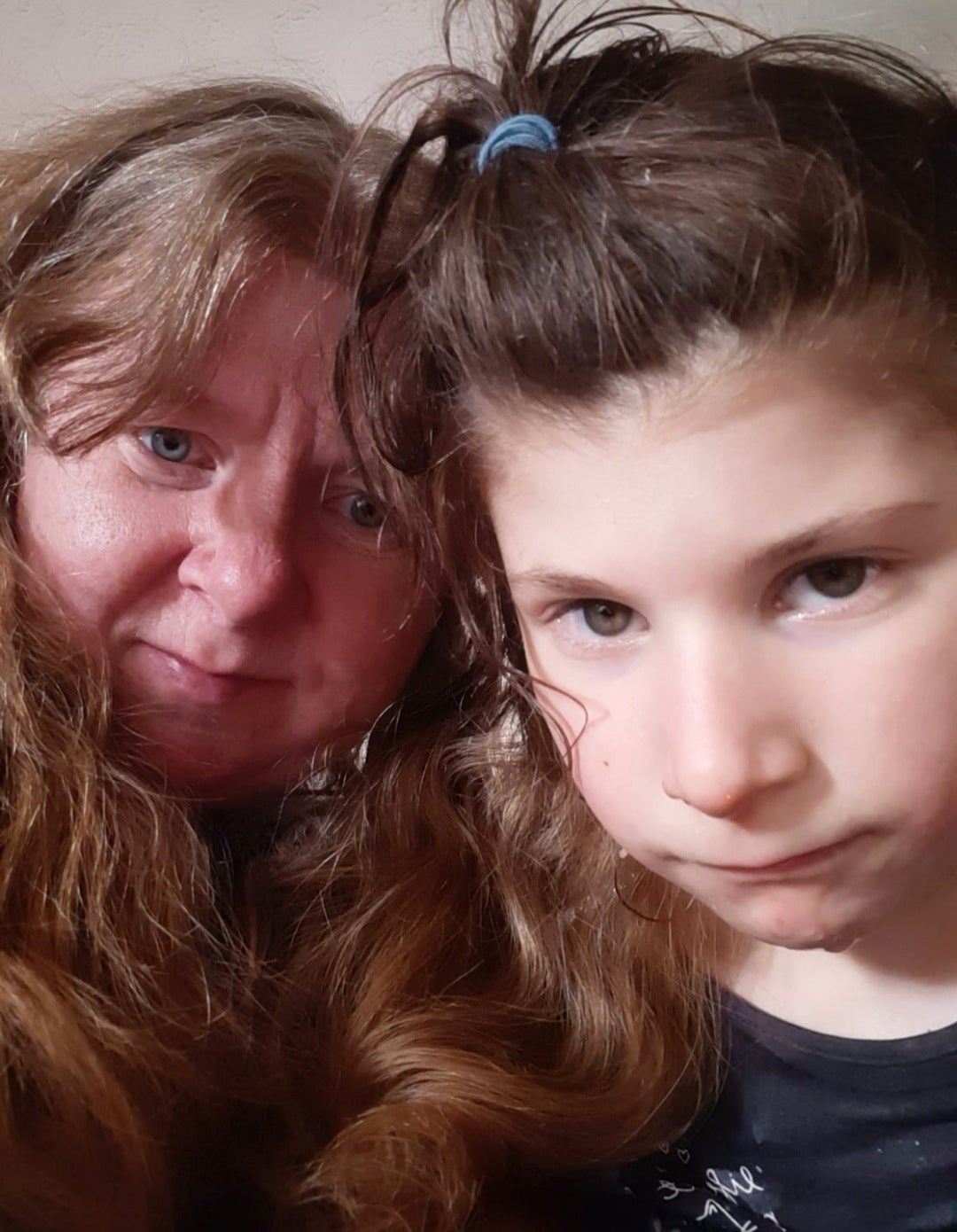
The huge rise in energy bills is a "ticking time bomb" which has dealt a "hammer blow" for households, campaigners for people who say they are often overlooked have warned.
Energy regulator Ofgem has announced the price cap for the average household will go up by 80 per cent to £3,549 for the three months starting in October, from the current £1,971. And experts say the cap could exceed £5,387 in January, then hit £7,263 in April.
Disabled organisation Scope says the increase makes people feel they are being punished for having a disability.
And Carers Trust, which represents unpaid carers, warned that family members who had had to give up jobs to look after loved ones could be forced back into work, placing a greater burden on the social care system.
Kirsty McHugh, chief executive of the trust, said: “Today’s announcement is a hammer blow for unpaid family carers.
“Our health and social care system relies on over 7 million people caring for sick and disabled family members in their homes, around half of whom have had to give up work and income, plunging whole families into poverty.”
Has this story affected you? If so email jane.dalton@independent.co.uk
She called for targeted support for unpaid carers, including a reversal of the decision in May to exclude Carer’s Allowance from benefits whose recipients qualify for extra support.
Disability equality charity Scope said it was inundated with calls from disabled people who “don’t know which way to turn and feel like they are being punished for using more energy”.
Tom Marsland, policy manager at the charity, said the cost of charging a wheelchair or using a breathing machine will have almost trebled in a year. He called for the government to double the support package and look at bringing in discounted tariffs for disabled customers who need more energy.
Carolynne Hunter, whose daughter Freya, 12, is blind with complex health problems and disabilities and requires full-time oxygen and nursing care, said her £400-a-month winter energy bill will rise to more than £700.
Ms Hunter, 49, said from Tillicoultry, Scotland, described her bills as already “quite unaffordable”, with the pair routinely unable to light a candle or burn wood due to oxygen canisters in the house.
Freya has a “huge amount of equipment that supports her to stay alive”, and described her bedroom and bathroom as an “intensive-care micro-ward at home”. They also need to boil kettles for NHS staff who help with Freya’s care, wash extra clothes and run medicinal baths, and use an electric bed and a hoist.
“Our families are going to suffer, there’s going to be a mass crisis for the NHS and social care and children will die if their families are not able to pay for it,” Ms Hunter said.

Lorna Fillingham, from Scunthorpe, north Lincolnshire, whose 12-year-old daughter has severe disabilities, said the cap increase would have a huge impact and that lots of people in her situation would struggle.
She uses the washing machine “constantly” for bedding and clothes, uses extra heating as Emily-May has problems regulating her temperature, and often cooks separate meals for her as she has multiple allergies.
Ms Fillingham, 50, who stopped work to care for her daughter, said the one-off £150 cost-of-living payment to millions of disabled people from next month would “not touch the sides”.
“I cannot see how this is going to go unchallenged at the ballot box at some point, because if you cannot afford to eat, heat your home, and keep the most vulnerable people in society safe and without hardship, I can’t understand how people can turn a blind eye to that and vote the same way,” she said.
Countryside charity CPRE described this winter’s energy bills as “a ticking time bomb threatening to blow apart household finances”.
Rural areas, where wages are lower and homes often cost more to heat, will be devastated if the full force of the price rises are felt by consumers, said Crispin Truman, chief executive.

“We’ve been here before in the pandemic – the country is entering a national crisis that requires an emergency response,” he said.
“Ministers must urgently put in place direct financial support to get people through the winter, while working to deliver the only viable long-term solution – improving the energy efficiency of our homes.”
Twiddling with taxes “won’t cut it”, he added, calling for immediate monetary support and investment in home insulation and cheap renewable energy.
Mike Childs, head of science, policy and research at Friends of the Earth, said: “Today’s news will be life-changing for millions of people.
“The government and the two frontrunners to be prime minister have had all summer to set out how they’ll shield households from these colossal price hikes, yet we still don’t have a credible plan. “Decision-makers must urgently commit to much greater levels of emergency financial support and the rapid roll-out of a nationwide, street-by-street home insulation programme targeted at those who need it most.”
Chancellor Nadhim Zahawi has insisted “nothing is off the table” when it comes to action on soaring energy bills and the Treasury is “working up options” to support households as their finances come under further strain.
He said the government was working flat out, acknowledging the latest rise will cause stress and anxiety.







